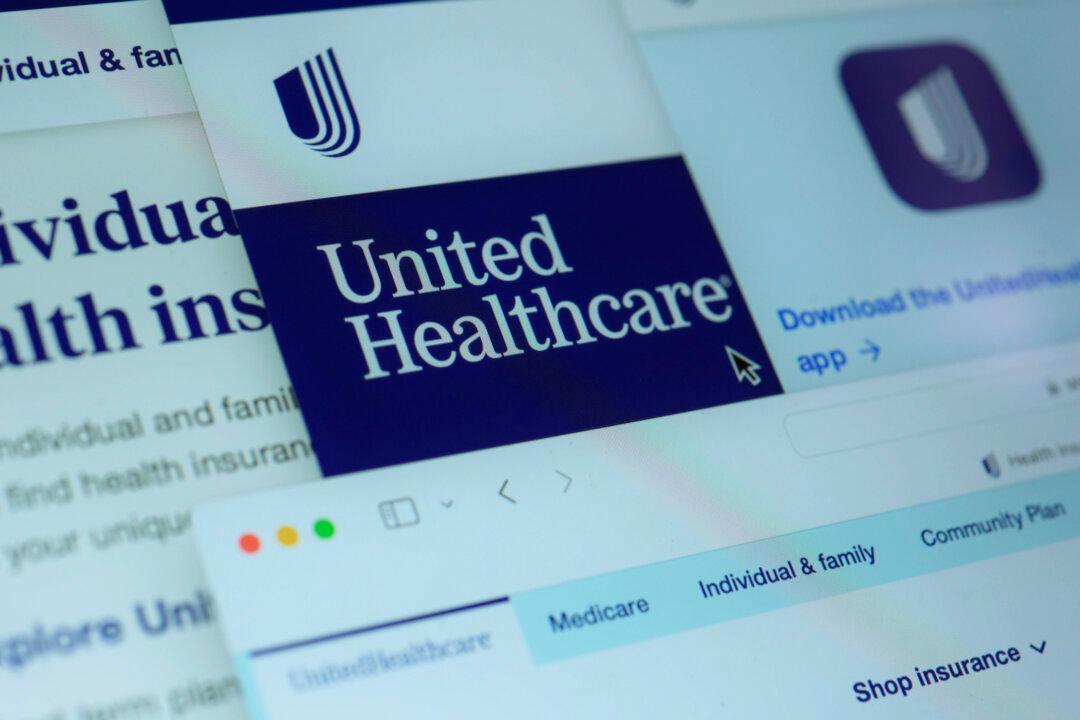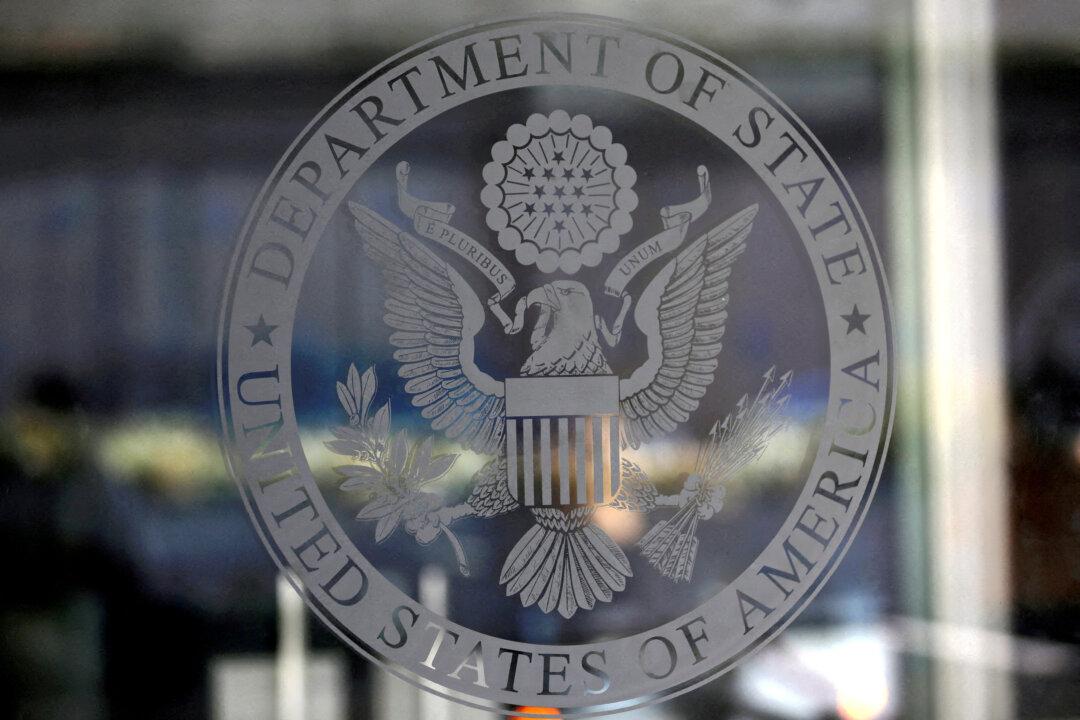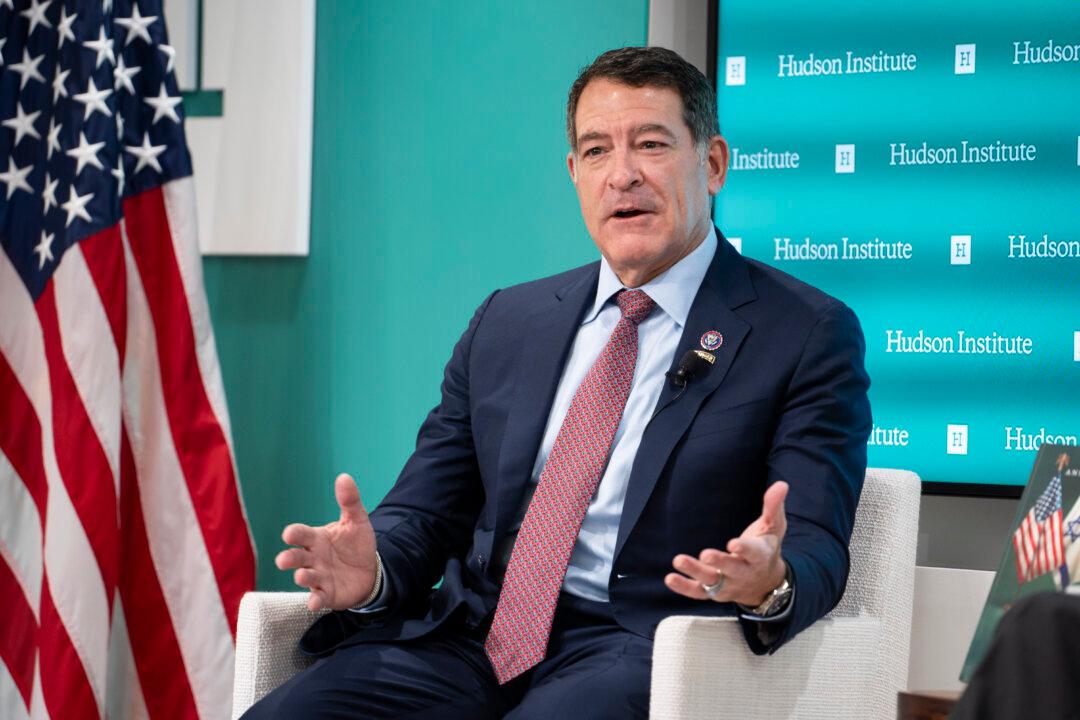A major health care technology company is still scrambling to restore its downed systems following a massive cyberattack, which has crippled operations in health care systems across the country for ten days.
“The cyberattack against Change Healthcare that began on Feb. 21 is the most serious incident of its kind leveled against a U.S. health care organization,” according to the American Hospital Association (AHA).





